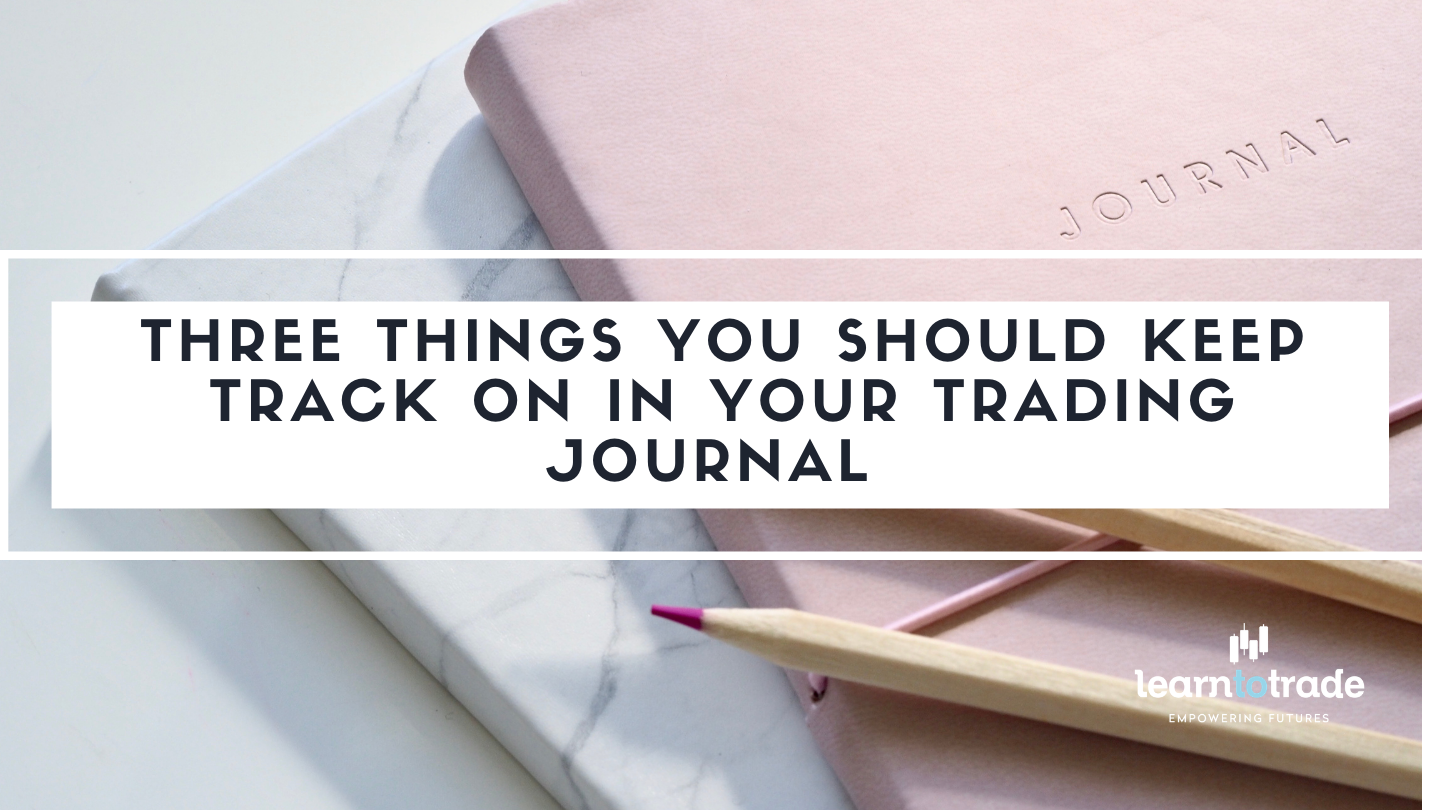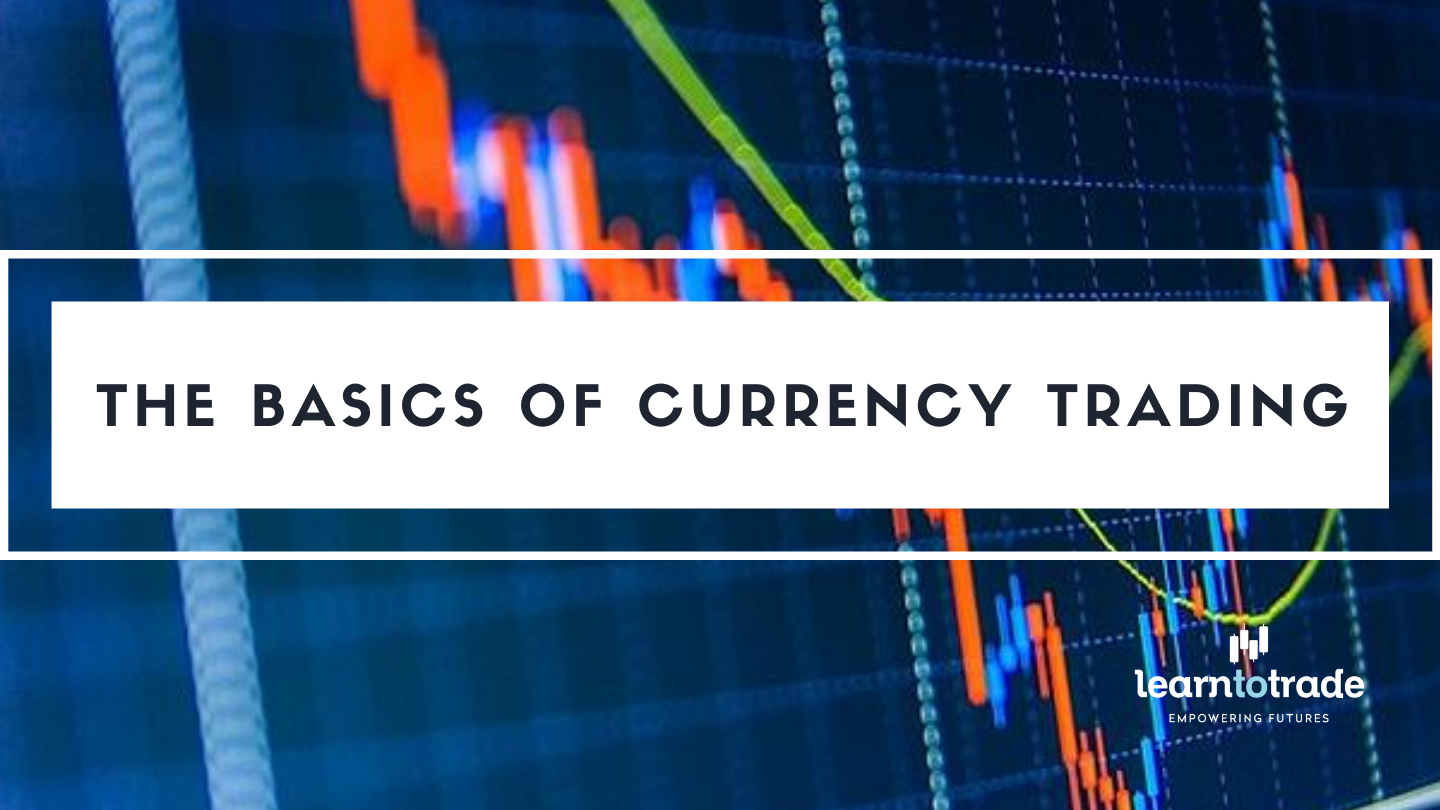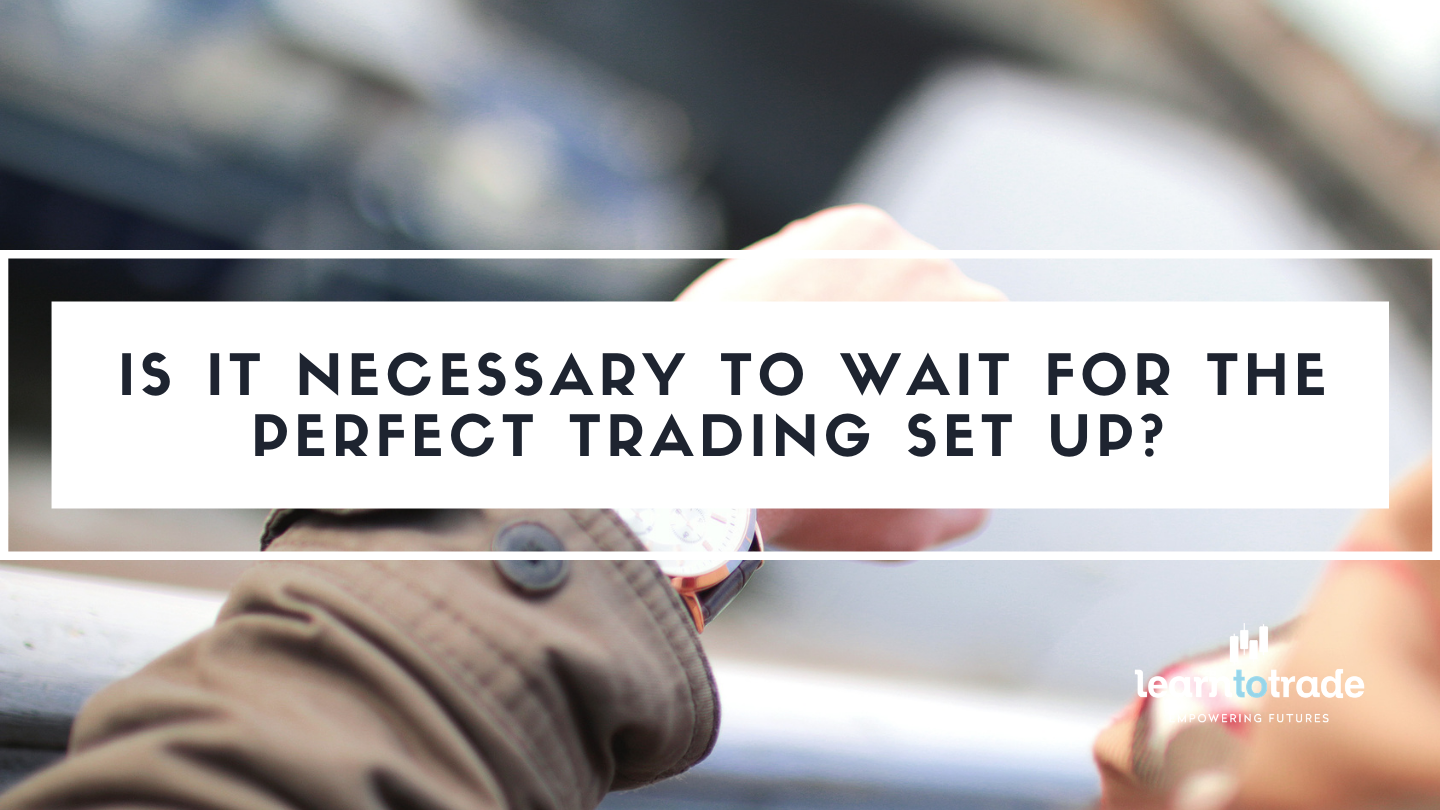Three Things You Should Keep Track on In Your Trading Journal

Most successful trader has a trading journal. Keeping track of your trades is one of the most important things that most new traders fail to realize and how this can benefit in improving their trading set ups.
Keeping track of your trading performance is more than just looking at the profit/loss.
By having a trading journal, you can keep track of your overall performance. Not just by looking at your profit/loss, but also by looking at how your strategies perform in a particular trade or how you respond to a trade.
We cannot stress enough the importance of this. Just put into mind that you should ALWAYS treat your trading like a business, not a casino where you can gamble on.
Just like any successful business owner, he/she has a balance sheet to track all of their expenses, a plan on how to further expand their business and more. You must not only be concerned with your profits but you should also take into account how you make this money and how you can improve to make even more.
Once again, the purpose of the trading journal is not just to track your profits/losses but to keep track on how you perform in taking your trades and look for certain areas to improve on.
Now the question arises, what certain areas should you keep track on in your trading journal?
Reward-to-Risk Ratio
Reward-to-Risk ratio or R:R compares how much you stand to profit on a trade to how much you’re putting in on the line.
An ideal reward-to-risk ratio can go from 1:1 to 1:2. This usually depends on the trader.
For example, you have a total balance of $10,000 in your account. Your ideal reward-to-risk ratio is 1:1. That means you are betting on 1% of your total balance in one trade set up which is $100. If you profit from your trade, you earn $100. If the trade goes against you, you lose $100.
It’s pretty simple to understand and having a reward-to-risk ratio in mind keeps your risk of losses to a minimum and keeps you from blowing up your account.
Win Percentage
Tracking your win percentage shows whether you know what you are really doing or not. By looking at your win percentage, you can compare your winners to your losers.
Aiming for a 50% win rate or more will remind you that you should only take high-probability set ups and will prevent you from taking trades that you think will drag you down.
It also helps to make sure that your wins are greater than your losses in order to have positive expectancy.
Trading Mistakes
Making mistakes in trading is actually not that bad depending on how you respond to it. Some traders get frustrated when a trade goes against them and gives up instead of correcting these mistakes.
By tracking your mistakes and putting this into account, it gives you an idea on areas which you should improve on, make adjustments on strategies that you use, and helps you become a disciplined trader.
Every trader makes mistakes even those who have been trading for years. Every successful trader that we know only became profitable because they learned from their mistakes and changed their habits towards their trading style for the better.
Don’t forget to follow and subscribe for more updates about market trends, analysis, forex news, strategies and more!
Do you want to learn more about forex trading? Sign up now on our FREE forex webinar and reserve your FREE seats while it still lasts!
Risk Disclaimer:
Information on this page is solely for educational purposes only and is not in any way a recommendation to buy or sell certain assets. You should do your thorough research before investing in any type of asset. Learn to trade does not fully guarantee that this information is free from errors or misstatements. It also does not ensure that the information is completely timely. Investing in the Foreign Exchange Market involves a great deal of risk, resulting in the loss of a portion or your full investment. All risks, losses, and costs associated with investing, including total loss of principal and emotional distress, are your responsibility.






































